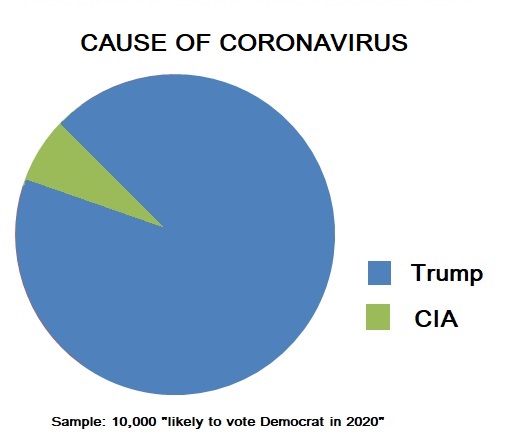As Longtime Readers may recall, back in late 2017 I spent an idyllic week at The Englishman’s holiday cottage in Boscastle, Cornwall.
What with all the storms, massive rainfall and such that have been hitting Britishland recently, I emailed him to see how Boscastle was coping — the place was flooded out not long ago, To assuage my concerns, he sent me a link to a livecam that shows the river on its way out to the bay. I’ve had it open on my desktop every day since, and watching it has the same effect on me now as being there did then.
If you go there, you’ll see that the post-flood drainage system seems to be coping well — I watched it mid-storm last week and the river barely rose a foot. (For reference sake, the cottage is that white house down the path which runs along the left bank of the river. )
Off-camera to the immediate right of the pic is where you’ll find outstanding fish & chips, and its proximity to the cottage meant daily visits for nom noms.
I cannot recommend this village, and The Old Store House cottage highly enough if you want to get away from it all for a week or so. If you do book the place, don’t forget to tell The Englishman how you heard about it — I don’t get anything from him, of course, but I would like him to know that his unbelievable kindness in letting me stay there has brought him some reward.























